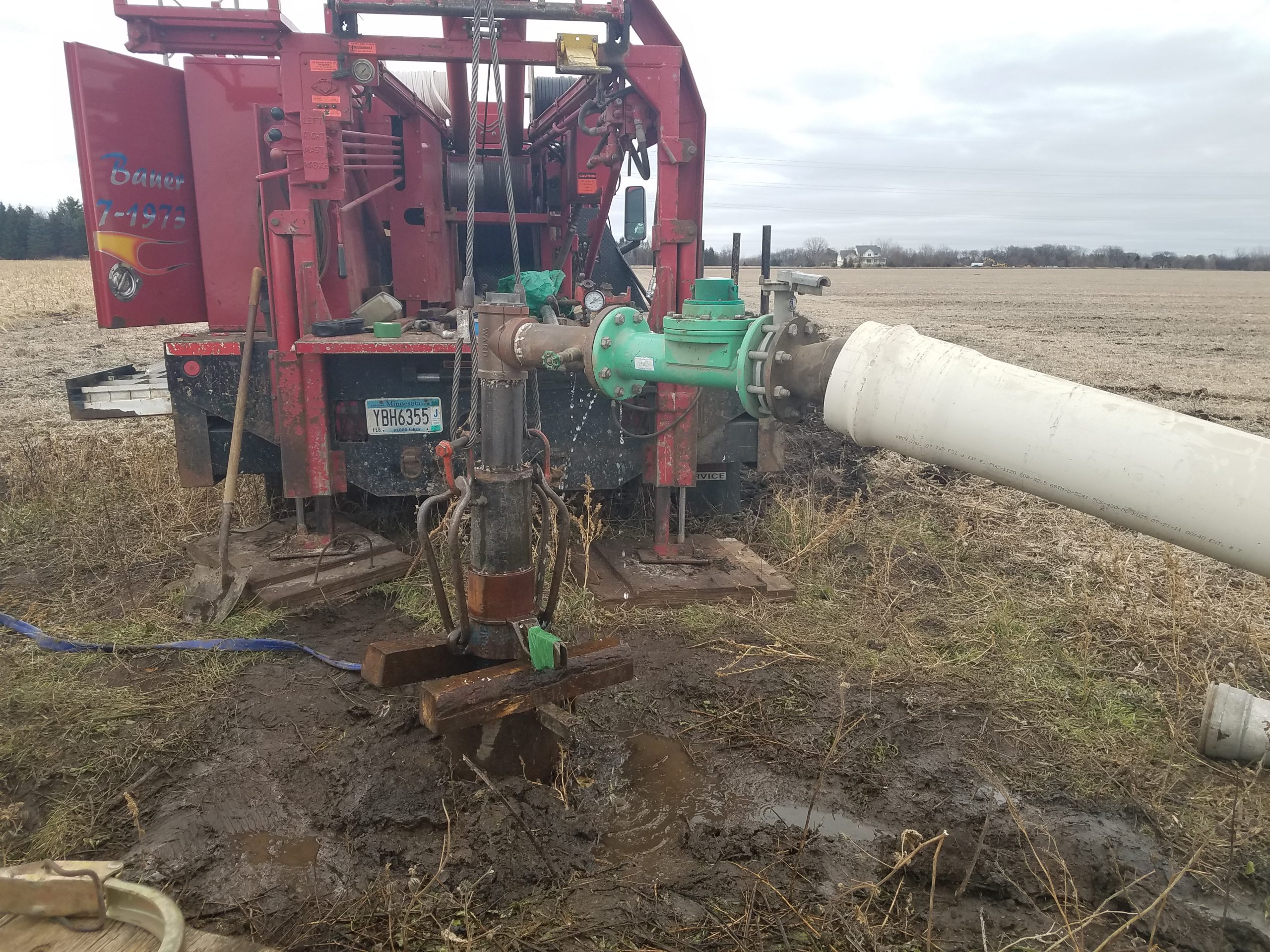The groundwater on the property had to be studied first to ensure the PFAS levels in the groundwater did not exceeded the maximum recommended levels established by the Minnesota Department of Health (MDH). In February 2018, the state of Minnesota settled a lawsuit against 3M for a settlement of $850 million. The company’s manufacturing processes had allowed the release of PFAS into the Twin Cities east metropolitan area, damaging drinking water and natural resources.
PFAS are a family of manmade chemicals that are not safe for public consumption. Consuming drinking water with elevated levels of PFAS, over time, can be associated with adverse health conditions.
West Lakeland Township was located in the affected areas, making the PIIC eligible to receive funding from the settlement if the groundwater at the site was contaminated. To help guide the PIIC through the process, WSB served as advisors during settlement meetings with 3M and all affected communities.
 WSB first coordinated with a local well drilling company to pump the groundwater in the well at a high rate so that it could be sampled. The samples were analyzed for contamination, and a certified laboratory identified heightened PFAS levels. The PIIC secured funding for the well repurposing from the settlement. They also received a grant from the Minnesota Pollution Control Agency (MPCA) to complete a feasibility study to determine the treatment requirements and costs to treat this well with an onsite water treatment system versus purchasing drinking water from a nearby public water system. Ultimately, an onsite water treatment system was the most feasible option, and with the settlement funds and the grant, the PIIC will be able to convert the existing well for drinking water and construct a water treatment facility for PFAS removal.
WSB first coordinated with a local well drilling company to pump the groundwater in the well at a high rate so that it could be sampled. The samples were analyzed for contamination, and a certified laboratory identified heightened PFAS levels. The PIIC secured funding for the well repurposing from the settlement. They also received a grant from the Minnesota Pollution Control Agency (MPCA) to complete a feasibility study to determine the treatment requirements and costs to treat this well with an onsite water treatment system versus purchasing drinking water from a nearby public water system. Ultimately, an onsite water treatment system was the most feasible option, and with the settlement funds and the grant, the PIIC will be able to convert the existing well for drinking water and construct a water treatment facility for PFAS removal.
With safe drinking water, the PIIC will also be able to develop all 112 acres of the West Lakeland Township property, creating housing and business opportunities. The groundwater contamination study and subsequent treatment offer auxiliary benefits, too. The contaminated groundwater in the east metro travels through the regional aquifer then downstream to the St. Croix River. By treating the groundwater on the West Lakeland property, communities downstream may have less PFAS in their drinking water.
The next phase of the project is to build a municipal water treatment plant and water tower to ensure that all who live and work within the proposed development have access to clean drinking water. WSB will assist with the site design, bidding, and construction phases.
 WSB first coordinated with a local well drilling company to pump the groundwater in the well at a high rate so that it could be sampled. The samples were analyzed for contamination, and a certified laboratory identified heightened PFAS levels. The PIIC secured funding for the well repurposing from the settlement. They also received a grant from the Minnesota Pollution Control Agency (MPCA) to complete a feasibility study to determine the treatment requirements and costs to treat this well with an onsite water treatment system versus purchasing drinking water from a nearby public water system. Ultimately, an onsite water treatment system was the most feasible option, and with the settlement funds and the grant, the PIIC will be able to convert the existing well for drinking water and construct a water treatment facility for PFAS removal.
WSB first coordinated with a local well drilling company to pump the groundwater in the well at a high rate so that it could be sampled. The samples were analyzed for contamination, and a certified laboratory identified heightened PFAS levels. The PIIC secured funding for the well repurposing from the settlement. They also received a grant from the Minnesota Pollution Control Agency (MPCA) to complete a feasibility study to determine the treatment requirements and costs to treat this well with an onsite water treatment system versus purchasing drinking water from a nearby public water system. Ultimately, an onsite water treatment system was the most feasible option, and with the settlement funds and the grant, the PIIC will be able to convert the existing well for drinking water and construct a water treatment facility for PFAS removal.